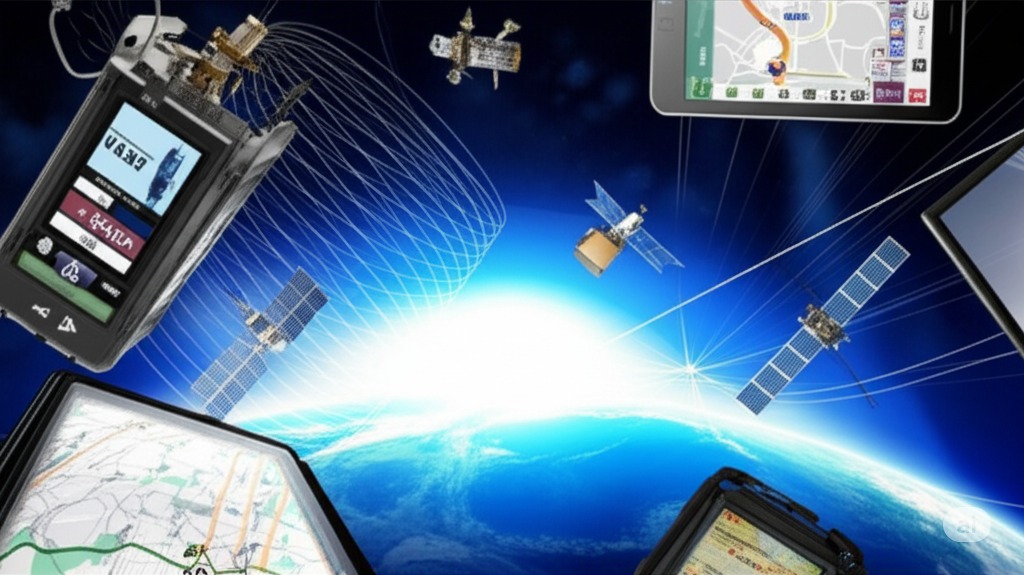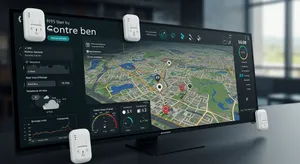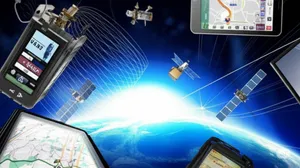GPS Tracking System Types
- Active GPS tracking systems providing real-time location updates and continuous monitoring
- Passive GPS tracking systems storing location data for later download and analysis
- OBD-II port trackers connecting directly to vehicle diagnostic systems for easy installation
- Hardwired GPS units offering permanent installation with tamper-resistant mounting
- Battery-powered trackers providing flexible deployment for various asset types
- Smartphone-based tracking utilizing mobile device GPS capabilities and applications
- Satellite communicators enabling tracking in remote areas without cellular coverage
- Asset tracking systems designed for non-vehicle equipment and valuable property




